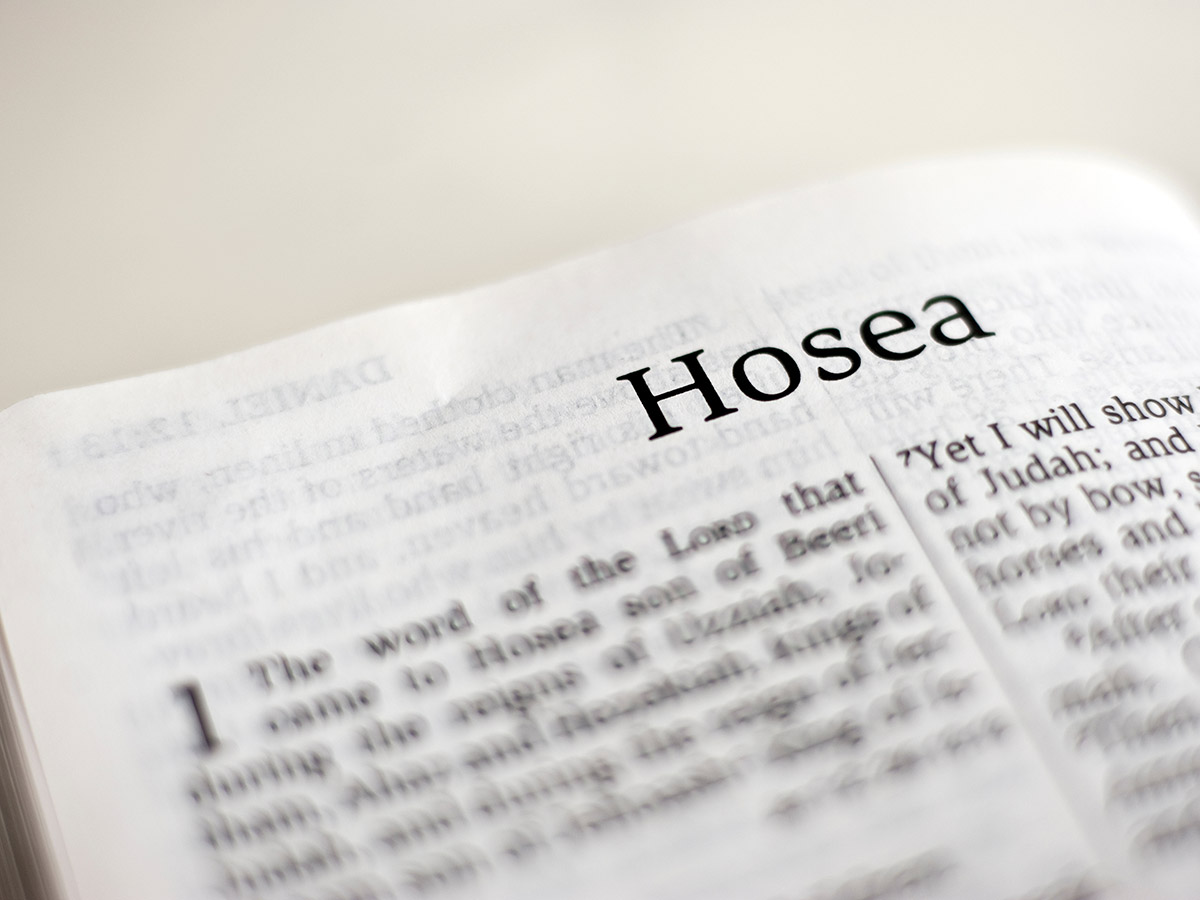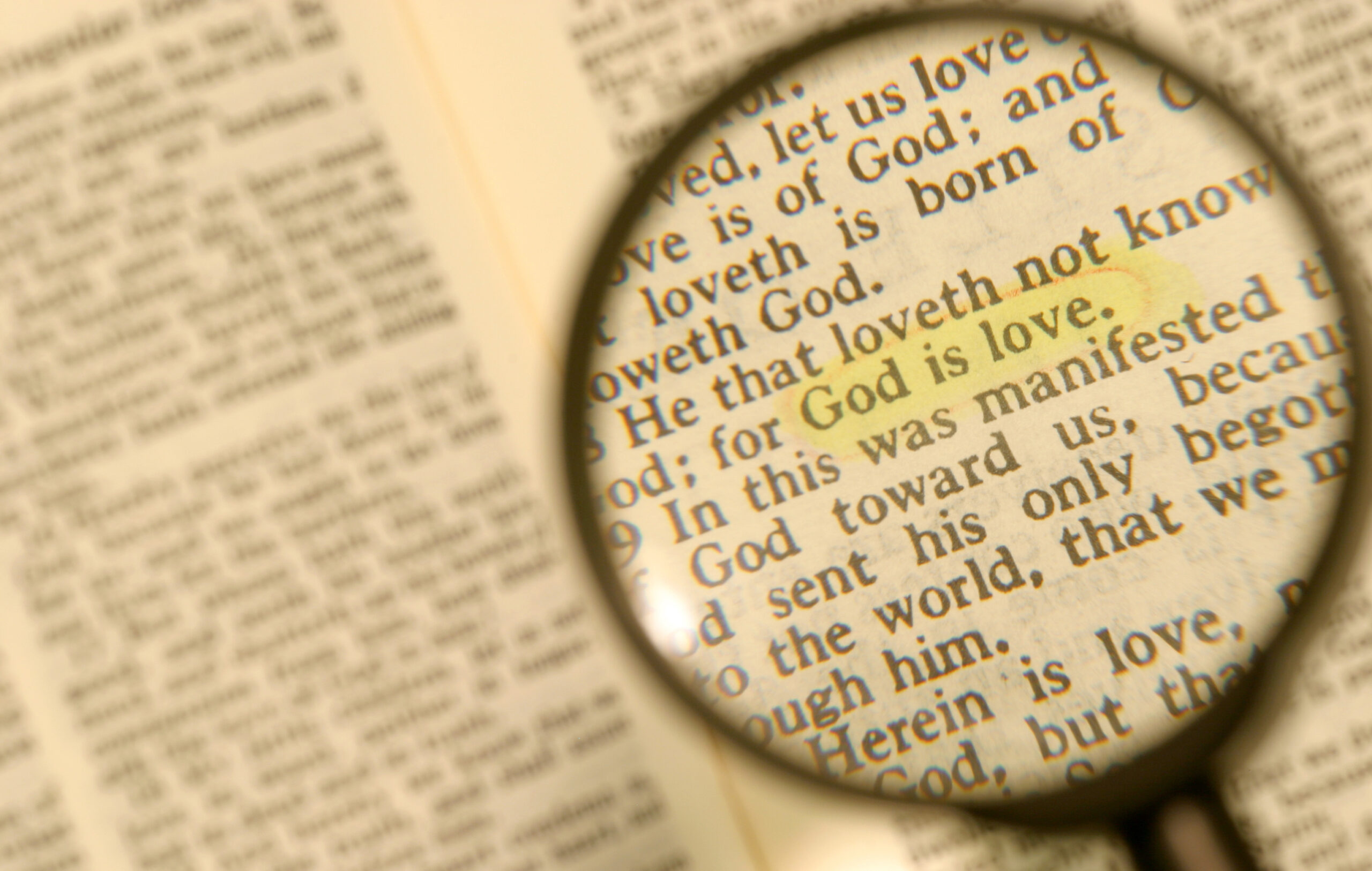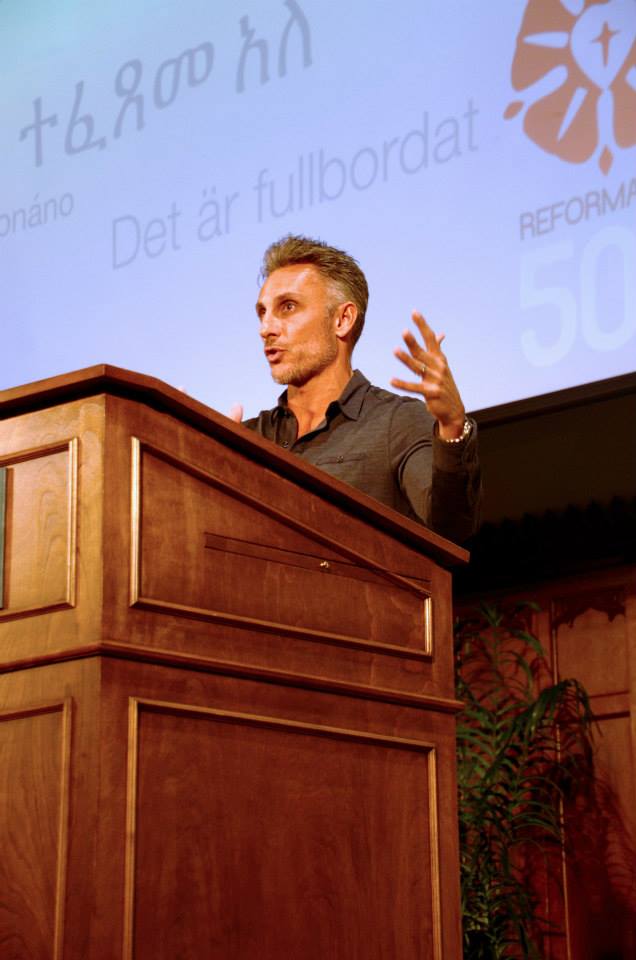gospel
-

Hosea’s Shocking Language & The Shock of the Gospel
I have a love-hate relationship with the editorial assistant built into word processors. I appreciate that such assistants will point out my bad habits (most…
-

Digging into Luke and Acts
Jeff Oschwald talks about the New Testament books of Luke and Acts.
-

The Gospel–Centered Christian
How we relate the Gospel and the Scriptures affects the Christianity we practice
-

Tullian Tchividjian on Law and Gospel
Tullian Tchividjian, speaking at Concordia Seminary on Thursday, March 19, 2015, as part of the Reformation 500 series.
-
Preaching Mark (Part 1)
Back by popular demand, this Preacher’s Roundtable led by David Schmitt discusses preaching Mark in year B of the three-year lectionary. Part 1 (of 2)…
-
Telling God’s Story
David Schmitt’s opening plenary at the 2013 Theological Symposium.
-
“Nones” on the Rise
They aren’t really all that interested in us; but we should be interested in them.
-

Letting the Gospel Predominate . . . In the Absolution
A reflection on speaking the Gospel
